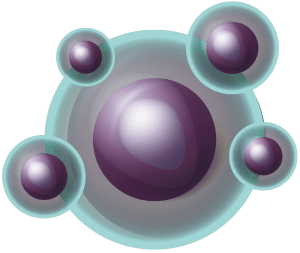In Focus: Automating cell expansion
In this In Focus feature, we’re investigating cell culture expansion processes and how to automate them in a system that replicates the physiological environment.
Cell culture and expansion is one of the largest components of cell therapy development and manufacturing, as a single dose of cell therapy could require billions of therapeutic cells. However, culturing and expanding cells manually in flasks is extremely time-consuming and labor-intensive and includes open handling steps, which increases the risk of contamination.
We’ll be exploring how tools such as hollow-fiber perfusion-based bioreactors can help to overcome these challenges and decrease the time it takes to get cell therapies to patients while maintaining the efficacy and persistence of the final therapeutic product.
Infographic
 Elevate your cell expansion with automated hollow-fiber perfusion technology
Elevate your cell expansion with automated hollow-fiber perfusion technology
Explore the technologies, software and services that can be implemented throughout the cell therapy manufacturing process to mitigate risks and overcome challenges. You can also visualize how the same hollow-fiber perfusion technology can be utilized from early–phase process development right through to commercial production.
Interview
Mimicking physiology with hollow-fiber perfusion technology: an interview with Mindy Miller
Mindy Miller, Lead Research Scientist at Terumo Blood and Cell Technologies, gives her perspective on the clinical impacts of the increasing use of automation in cell therapy manufacturing. She sheds light on the greatest challenges of manual cell expansion procedures and how working in a bioreactor can help to overcome them. She also explains the key considerations when working with suspension versus adherent cells in a hollow-fiber bioreactor.
In association with Terumo Blood and Cell Technologies.
